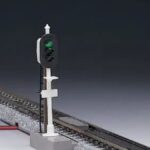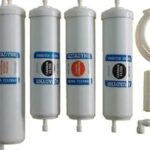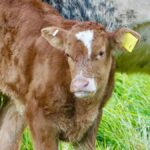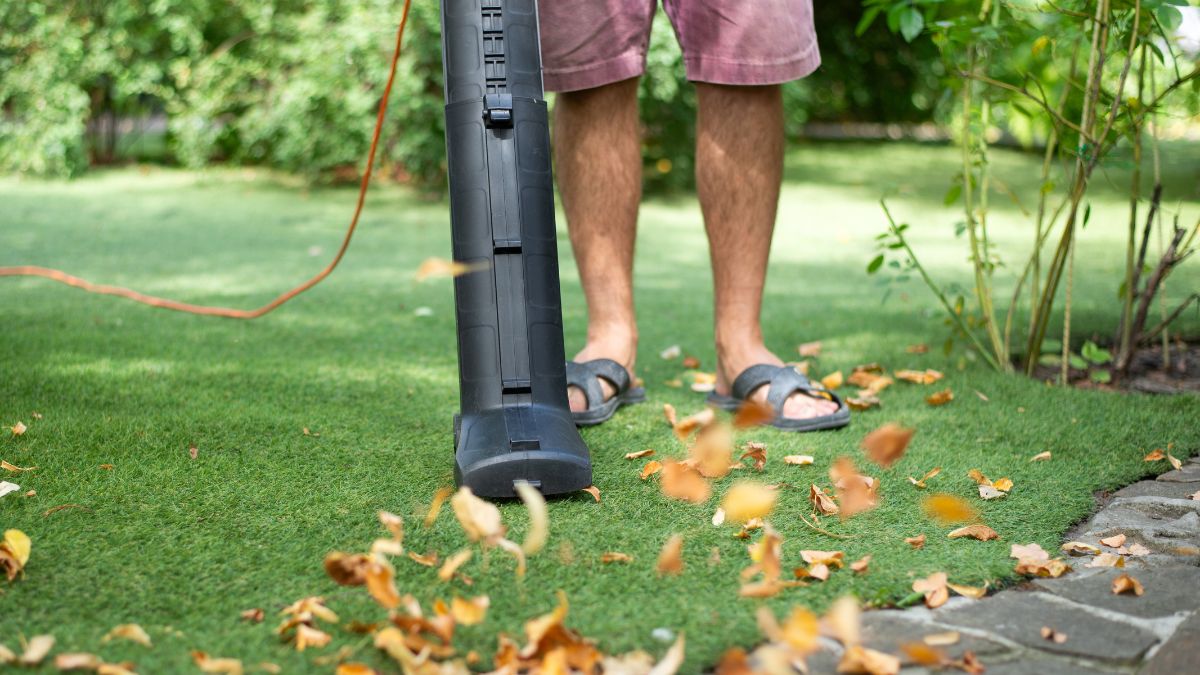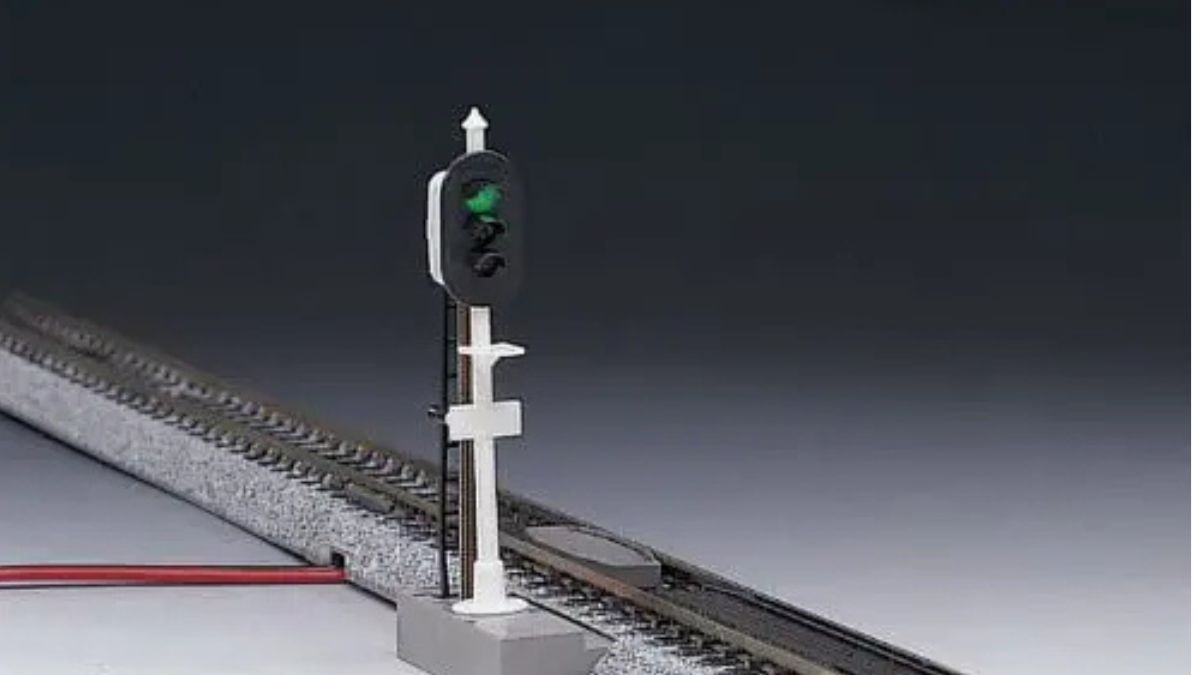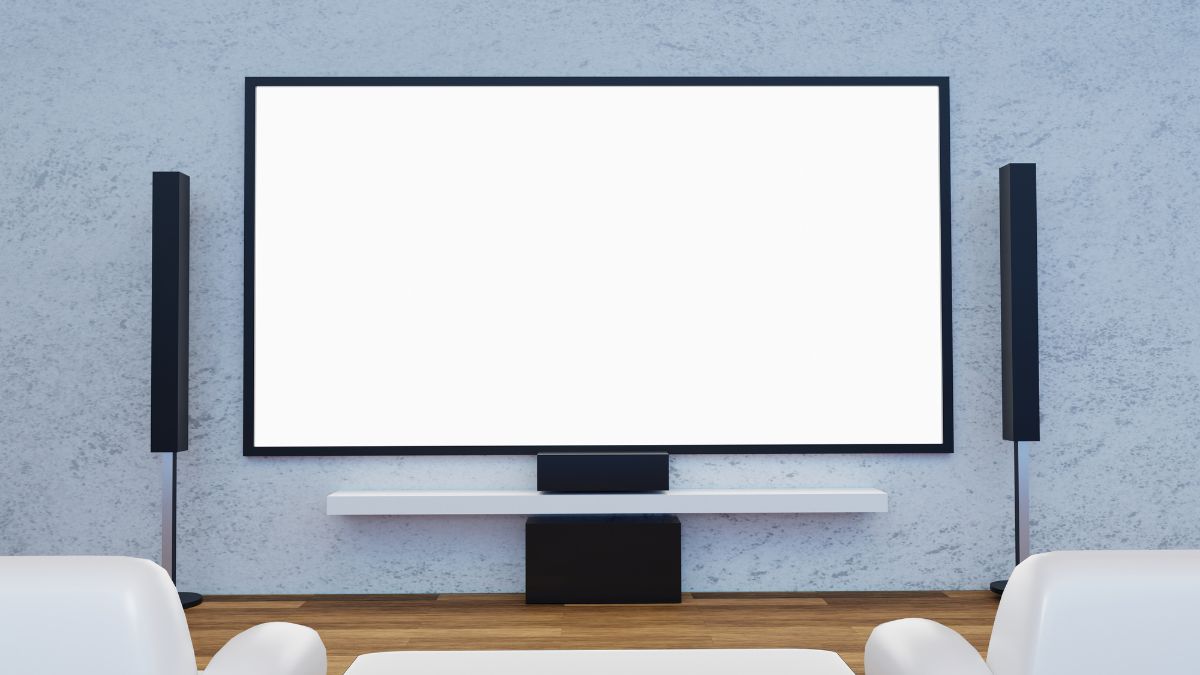Introduction to Electric Leaf Blowers
Electric leaf blowers have become the go-to tool for many homeowners and landscapers alike. They offer a powerful way to clear leaves, debris, and even light snow from sidewalks and driveways. But while these handy devices make yard work easier, they also raise an important question: how much dnb does electric leaf blower produce? Understanding their noise levels is crucial, not just for your comfort but also for your neighbors’ peace of mind. Let’s dive into the world of electric leaf blowers to uncover what you need to know about their sound output and why it matters.
Understanding Decibels and Noise Levels
Decibels (dB) measure sound intensity. The scale is logarithmic, meaning every 10 dB increase represents a tenfold rise in sound pressure. This makes understanding noise levels crucial for making informed choices about equipment like electric leaf blowers.
A whisper typically registers around 30 dB, while normal conversation hovers near 60 dB. When it comes to electric leaf blowers, the numbers can climb significantly higher. Most models range from 60 to 90 dB during operation.
Exposure to high decibel levels can lead to hearing damage over time. For that reason, knowing how much dNB an electric leaf blower produces helps you protect your ears and those of others nearby.
Some municipalities even regulate acceptable noise levels for outdoor power tools, so being aware of your tool’s output is essential not just for comfort but also for compliance with local laws.
Common Noise Levels of Electric Leaf Blowers
Electric leaf blowers typically produce noise levels ranging from 60 to 75 decibels. This can vary based on the model and its power output.
For reference, a conversation usually hovers around 60 dB, while heavy traffic might reach up to 85 dB. So, when you’re using an electric leaf blower at lower settings, it may be just as loud as chatting with a friend.
Most homeowners prefer models that operate under 70 dB for residential areas. These quieter options are not only gentler on the ears but also comply with many local noise ordinances.
High-performance blowers can exceed these levels, often reaching closer to 80 dB or more during peak operation. It’s essential to check manufacturer specifications if you’re concerned about noise pollution in your neighborhood.
Factors That Affect Noise Level
Several factors influence the noise level of electric leaf blowers. The motor type is crucial; brushless motors tend to operate more quietly than traditional brushed ones.
The design and construction of the blower also play a role. A well-engineered model with sound-dampening features can significantly reduce noise output.
Power settings are another consideration. Higher power often equates to increased dB levels, so choosing a model with adjustable speeds might help manage sound during use.
Additionally, the nozzle design affects how air is expelled. Wider nozzles may produce less concentrated noise compared to smaller, more focused ones.
Environmental conditions such as wind and surface types can amplify or dampen perceived noise levels in your surroundings. Understanding these elements helps you select an electric leaf blower that aligns with your quiet gardening needs.
The Benefits of Using a Low-Noise Electric Leaf Blower
Choosing a low-noise electric leaf blower offers several advantages. First, you can enjoy a quieter environment while cleaning up your yard. This is especially beneficial in residential areas where noise restrictions may apply.
A quieter blower also means less disturbance for your neighbors and pets. You won’t have to worry about waking anyone up on an early weekend morning or disrupting outdoor gatherings.
Moreover, these models are often lighter and easier to handle. That makes them perfect for extended use without causing fatigue.
Low-noise options typically produce fewer emissions as well, contributing to better air quality in your surroundings. Being environmentally conscious has never been more important.
Many users find that the sound of low-noise blowers is less jarring than traditional models, making yard work feel like less of a chore. It’s all about enhancing your experience while caring for your outdoor space.
Tips for Reducing Electric Leaf Blower Noise
To minimize noise when using an electric leaf blower, consider starting with the right equipment. Opt for models specifically designed to operate quietly. These often feature built-in sound insulation and quieter motors.
Timing is crucial. Use your leaf blower during hours when it’s less likely to disturb your neighbors, like mid-morning on weekends.
Another effective strategy involves maintaining your device regularly. A well-maintained blower runs more efficiently and produces less noise. Ensure that air filters are clean and the motor is in peak condition.
Using attachments can also help reduce sound levels. Some blowers come with nozzles that direct airflow more effectively, allowing you to use lower power settings without sacrificing performance.
Wearing ear protection not only keeps you comfortable but also helps manage exposure to the machine’s noise levels while you work outdoors.
Conclusion
Choosing the right electric leaf blower goes beyond just its power. Noise levels play a crucial role in ensuring a pleasant yard work experience.
By understanding how much dB an electric leaf blower produces, you can make informed decisions tailored to your environment and neighbors.
Opting for quieter models not only enhances your comfort but also supports local wildlife and community peace.
With the right knowledge, you can enjoy clean leaves without overwhelming noise pollution.
The balance between efficiency and sound is vital for any homeowner looking to maintain their outdoor space while being considerate of others around them.
FAQs
How much dnb does an electric leaf blower produce?
The noise produced by electric leaf blowers typically ranges between 60 to 70 decibels. This level is comparable to the sound of a normal conversation or background music.
Are there quieter options available?
Yes, some manufacturers offer low-noise models that operate at around 50-60 decibels. These are ideal for residential areas where noise restrictions may apply.
What factors influence the noise level of an electric leaf blower?
Several factors can affect the dnb levels, including motor type, design and construction quality, as well as the power output of the machine.
Can I reduce the noise from my electric leaf blower?
You can take steps like using ear protection, operating during less disruptive hours, or opting for a model specifically designed to minimize sound.
Do all electric leaf blowers have similar noise levels?
Not necessarily; it’s essential to look at product specifications before purchasing if you’re concerned about noise levels in your environment.
Is it worth investing in a low-noise model?
If you live in a densely populated area or have close neighbors, a low-noise model might be worthwhile for maintaining good relationships while keeping your yard tidy.

